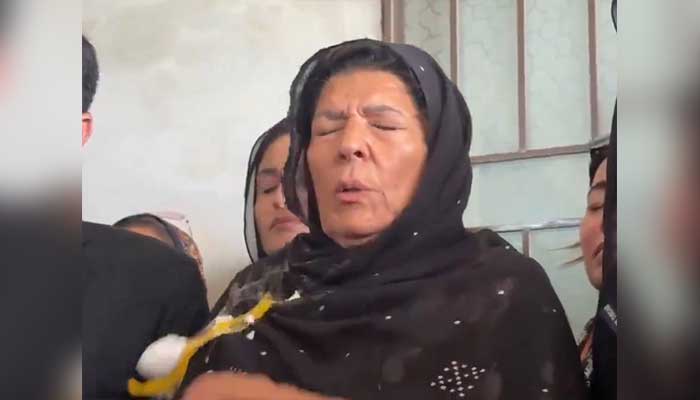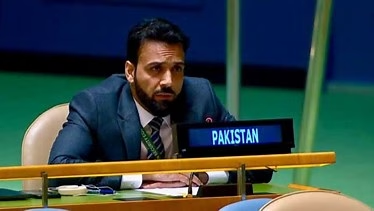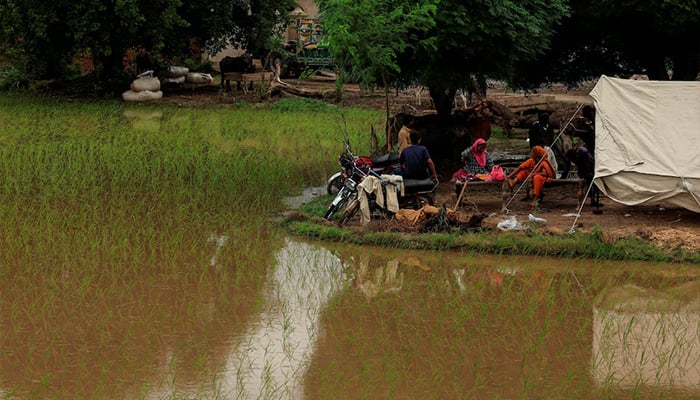
ISLAMABAD: Pakistan on Friday voiced serious concerns over India’s failure to provide complete flood-related data, saying the information shared this year through diplomatic channels lacked the detail that was previously provided.
The criticism comes as Pakistan battles one of the worst monsoon floods in its history, triggered after India opened gates of major dams. Warnings were sent to Islamabad via diplomatic notes, including one issued today, but not through the official Indus Waters Treaty (IWT) mechanism. Under the treaty, India is required to notify Pakistan in advance about flood situations on the three western rivers flowing into Pakistan.
India bypassed treaty channel
Foreign Office spokesperson Shafqat Ali Khan told reporters during a weekly briefing that New Delhi had bypassed the Indus Water Commissioners’ channel. He urged India to respect the treaty and comply with its provisions in full.
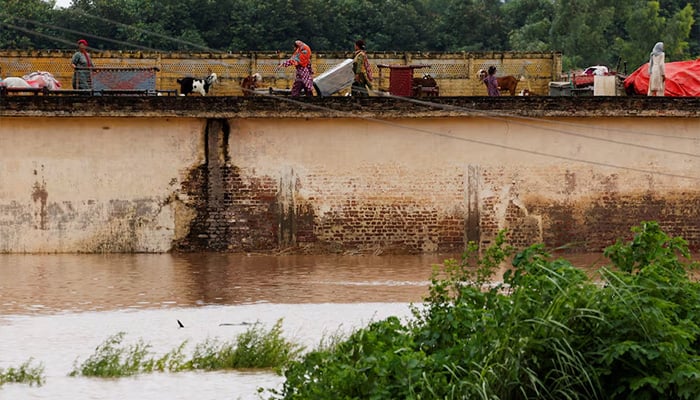
Punjab faces massive destruction
For the second time in three years, devastating floods have wreaked havoc across Pakistan’s north and central regions, especially in Punjab province, where entire villages have been submerged, farmland destroyed, and hundreds of people killed.
According to the National Disaster Management Authority (NDMA), at least 905 people have died since late June, while over a million residents had to be evacuated as floodwaters swept through 1,400 villages.
As Punjab reels under destruction, floodwaters are now surging towards Sindh, where authorities are preparing to face what they describe as a looming “super flood.”
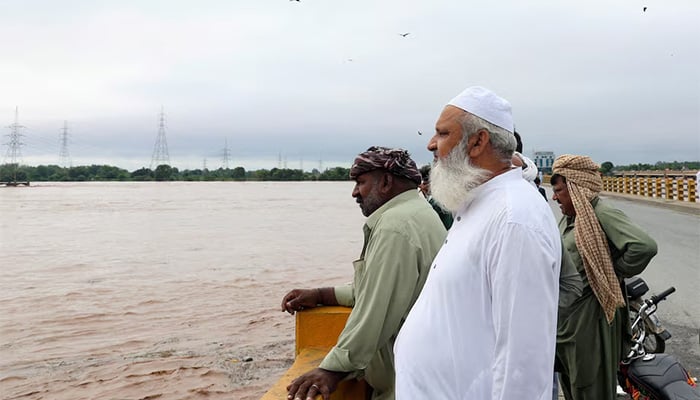
India suspended treaty participation
Tensions over water sharing escalated earlier when India suspended its participation in the Indus Waters Treaty after blaming Pakistan for the killing of 26 civilians in Indian Illegally Occupied Jammu and Kashmir (IIOJK). Islamabad rejected the allegations, which had triggered the worst military clashes between the two countries in decades before a ceasefire was reached last week.
In June 2025, the Permanent Court of Arbitration ruled that India had no authority to suspend the agreement unilaterally. The Court’s Supplemental Award, issued on June 27, confirmed that New Delhi’s unilateral move does not affect the treaty’s validity or the Court’s jurisdiction.
What is the Indus Waters Treaty?
The Indus Waters Treaty, signed in 1960 under World Bank mediation, remains the cornerstone of water sharing between the nuclear-armed neighbours. The agreement allocated control of the three eastern rivers — Ravi, Beas, Sutlej — to India, while granting Pakistan rights over the western rivers — Indus, Jhelum, Chenab.
The treaty also provides a clear dispute resolution system, with no provision for unilateral suspension or termination by either side.



